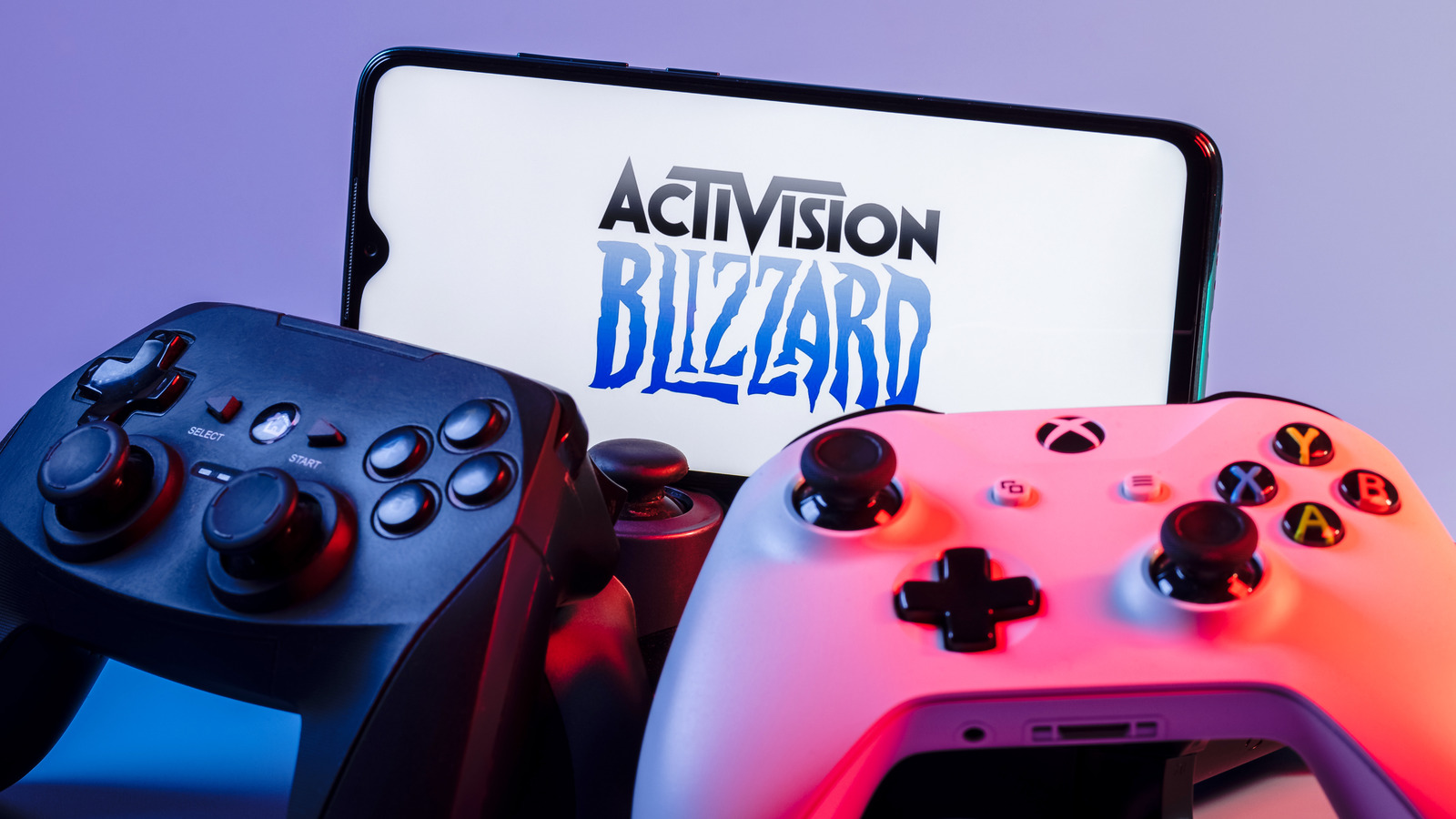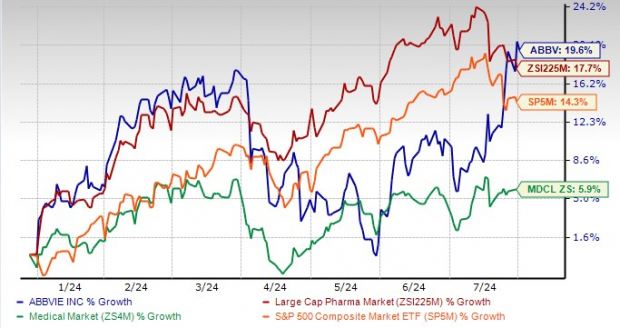Activision Blizzard Acquisition: FTC Challenges Court Decision

Table of Contents
The FTC's Antitrust Concerns Regarding the Activision Blizzard Acquisition
The FTC's primary concern regarding the Activision Blizzard acquisition centers on the potential for reduced competition and the creation of a monopoly within the video game market. Microsoft's acquisition of Activision Blizzard, a powerhouse in game development and publishing, raises significant antitrust issues. The FTC argues that this merger would give Microsoft an unfair advantage, potentially harming consumers and stifling innovation.
-
Reduced competition among gaming consoles: The FTC argues that Microsoft could leverage its ownership of Activision Blizzard's popular titles, like Call of Duty, to make them exclusive or less readily available on competing consoles, such as Sony's PlayStation. This could significantly disadvantage Sony and other console manufacturers.
-
Potential for increased game prices: With less competition, Microsoft could potentially raise the prices of Activision Blizzard games, negatively impacting consumers.
-
Limited consumer choice: The acquisition could restrict consumers' choices by limiting the availability of certain games on certain platforms, potentially forcing gamers to switch ecosystems.
-
Concerns about Microsoft's market power: The FTC worries that the combined market share of Microsoft and Activision Blizzard would create an insurmountable barrier to entry for new competitors, leading to a less dynamic and innovative gaming market. The argument hinges on the notion of a strengthened Microsoft monopoly, stifling fair competition in the industry. The use of "antitrust" laws is central to the FTC's case, as they seek to prevent the creation of a dominant player capable of manipulating the market.
The Court's Initial Ruling in Favor of the Activision Blizzard Acquisition
Despite the FTC's concerns, the court initially ruled in favor of the Activision Blizzard acquisition. The court's decision hinged on several key arguments presented by Microsoft, which focused on the dynamic nature of the gaming market and the availability of alternatives for consumers.
-
Key arguments presented by Microsoft in its defense: Microsoft argued that the gaming market is highly competitive, with various platforms and game publishers competing for consumers' attention. They also emphasized their commitment to maintaining Call of Duty’s availability across multiple platforms.
-
The court's assessment of the competitive landscape: The court seemingly found that the market was sufficiently competitive to withstand the merger, downplaying the potential for anti-competitive behavior.
-
Discussion of remedies or conditions imposed by the court (if any): While the initial ruling was in favor of the acquisition, the court may have imposed certain conditions or remedies to mitigate potential anti-competitive effects. This might involve commitments from Microsoft regarding cross-platform availability of certain games. The judicial review process plays a key role in ensuring fairness and due process in such significant mergers and acquisitions.
The FTC's Appeal and Further Legal Challenges to the Activision Blizzard Acquisition
Unsatisfied with the initial court ruling, the FTC launched an appeal, arguing that the court failed to adequately consider the potential for anti-competitive practices. The appeal process involves a higher court re-examining the evidence and legal arguments to determine whether the initial decision was correct.
-
Arguments presented in the appeal: The FTC likely reiterated its concerns about reduced competition, increased prices, and limited consumer choice, potentially presenting new evidence or expert testimony to bolster its case.
-
Potential legal strategies employed by the FTC: The FTC could use various legal strategies, including emphasizing the long-term implications of the merger and highlighting potential market dominance.
-
Timeline of future legal proceedings: The appeal process can be lengthy, involving various stages of legal briefs, hearings, and potential oral arguments before a panel of judges.
-
Analysis of the FTC's chances of success on appeal: The FTC's chances of success on appeal depend on several factors, including the strength of its arguments, the evidence presented, and the precedents set by previous antitrust cases. The ongoing antitrust litigation highlights the complexities involved in regulating mergers in dynamic industries.
Impact on the Gaming Industry and Consumers
The Activision Blizzard acquisition, regardless of the final court decision, will have a significant impact on the gaming industry and consumers. The potential consequences are far-reaching, impacting game developers, publishers, and players alike.
-
Potential price increases for games: The acquisition could lead to higher prices for popular Activision Blizzard titles.
-
Changes in game availability on different platforms: The exclusivity of certain games on specific platforms could alter the gaming landscape significantly.
-
Impact on game development and innovation: The merger could affect game development, potentially leading to less innovation and a more homogenous gaming experience.
-
The future of popular game franchises: The future of beloved franchises like Call of Duty and others under the Activision Blizzard umbrella hangs in the balance.
Conclusion: Activision Blizzard Acquisition: The Ongoing Legal Battle
The FTC's challenge to the Microsoft-Activision Blizzard acquisition represents a crucial moment in the gaming industry's history. The ongoing legal battle highlights the complexities of antitrust law in the digital age and its impact on competition, innovation, and consumer choice. The court's initial ruling, and the FTC’s subsequent appeal, showcase the intricate balancing act between fostering innovation and preventing anti-competitive practices. The outcome will profoundly shape the gaming landscape for years to come. Stay informed about the evolving legal landscape surrounding the Activision Blizzard acquisition by following our updates and analysis. Understanding the complexities of this antitrust case is crucial for gamers and industry professionals alike.

Featured Posts
-
 Anchor Brewing Company To Close After 127 Years The End Of An Era
Apr 26, 2025
Anchor Brewing Company To Close After 127 Years The End Of An Era
Apr 26, 2025 -
 The Nepo Baby Controversy Amanda Seyfrieds F Bomb Reaction
Apr 26, 2025
The Nepo Baby Controversy Amanda Seyfrieds F Bomb Reaction
Apr 26, 2025 -
 Strong Q Quarter Number Results For Abb Vie Abbv Revised Profit Guidance Reflects Success Of New Medications
Apr 26, 2025
Strong Q Quarter Number Results For Abb Vie Abbv Revised Profit Guidance Reflects Success Of New Medications
Apr 26, 2025 -
 Arctic Gas Trade Reliant On European Shipyard Capacity
Apr 26, 2025
Arctic Gas Trade Reliant On European Shipyard Capacity
Apr 26, 2025 -
 Microsofts Design Chief On The Future Of Human Centered Ai
Apr 26, 2025
Microsofts Design Chief On The Future Of Human Centered Ai
Apr 26, 2025
